Keywords: Covid
There are more than 200 results, only the first 200 are displayed here.
-
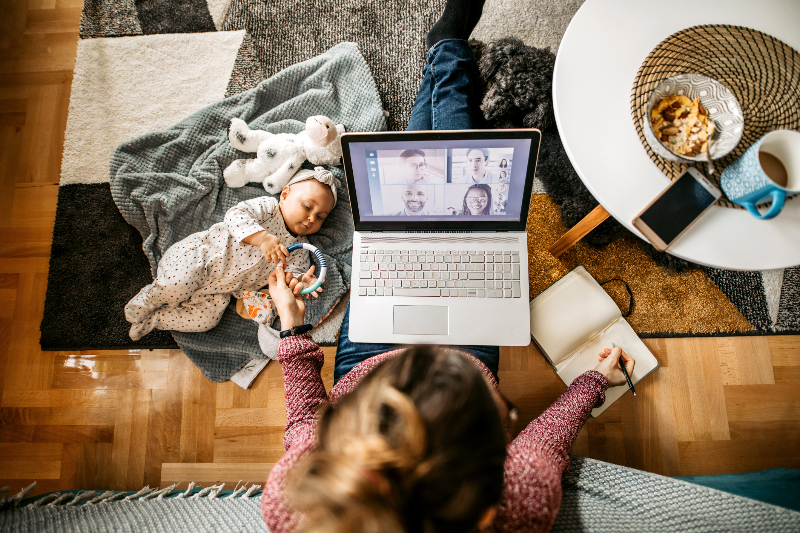
AUSTRALIA
- Tim Dunlop
- 26 October 2021
2 Comments
We are in the midst of what is being called the ‘the Great Resignation’, with millions of workers rethinking the place of work in their lives, and WFH is a huge part of this. According to a report by Microsoft, ‘over 40 per cent of the global workforce [is] considering leaving their employer this year’ and hybrid work — a combination of home and office work — is here to stay.
READ MORE 
-

ENVIRONMENT
- Cristy Clark
- 21 October 2021
7 Comments
On 8 October, at its 48th session, the United Nations Human Rights Council formally adopted a resolution recognising the human right to a clean, healthy and sustainable environment. It emphasises that ‘environmental degradation, climate change and unsustainable development constitute some of the most pressing and serious threats to the ability of present and future generations to enjoy human rights, including the right to life’.
READ MORE 
-
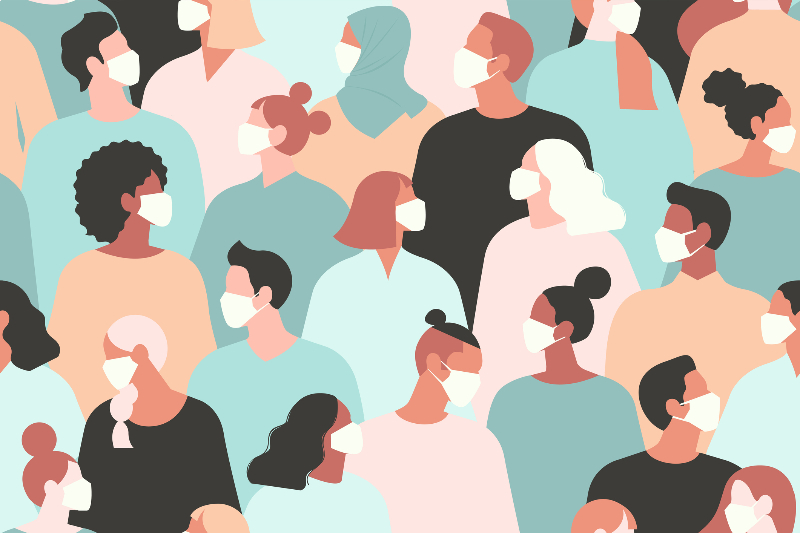
AUSTRALIA
- Tim Hutton
- 21 October 2021
10 Comments
The pandemic has been a clear demonstration that science is a method, not an endpoint. It is an ongoing process of hypothesising, testing, and interpreting the results of those tests through public policy. Though the hypothesis may be accepted or rejected, these interpretations are unlikely to be absolutely definitive statements or recommendations and are usually made with varying degrees of certainty.
READ MORE 
-
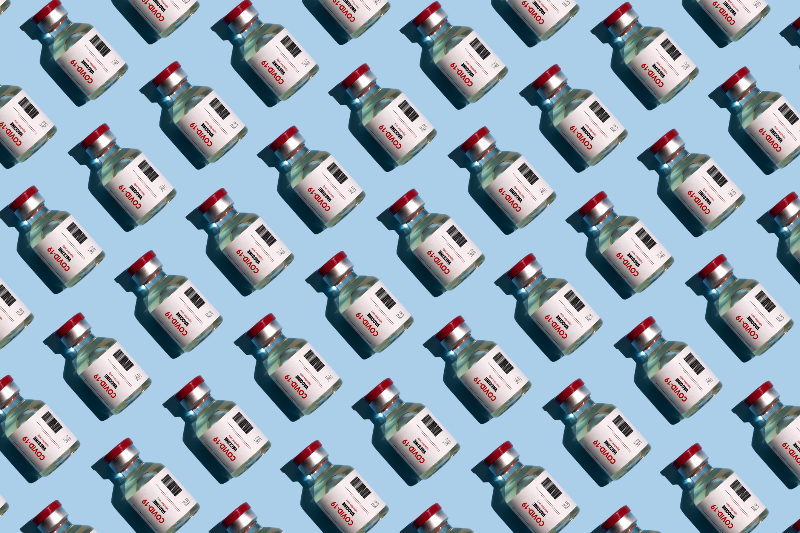
INTERNATIONAL
- Binoy Kampmark
- 14 October 2021
13 Comments
With the world clearly divided between those vaccinated against COVID-19 and those who are not, ethicists, public health specialists and politicians have become more preoccupied by the prospect of booster shots.
READ MORE 
-

ECONOMICS
- David James
- 12 October 2021
4 Comments
Over the last two years, money printing has created the illusion of strength in savings. But when reality resurfaces, and actual returns are required from actual economic and business activity, the global financial system will come under extreme stress.
READ MORE 
-

ARTS AND CULTURE
- Barry Gittins
- 11 October 2021
4 Comments
I have decided to observe October as a month to observe other people observing things. For me, there was a sense of self crumbling under the weight of being house arrested for the good of all. Gravitas, like gravity, can be crushing; I knew I needed a break from howling at the Moon (16 October is the ‘international observe the Moon night’). So to the calendar I turned.
READ MORE 
-
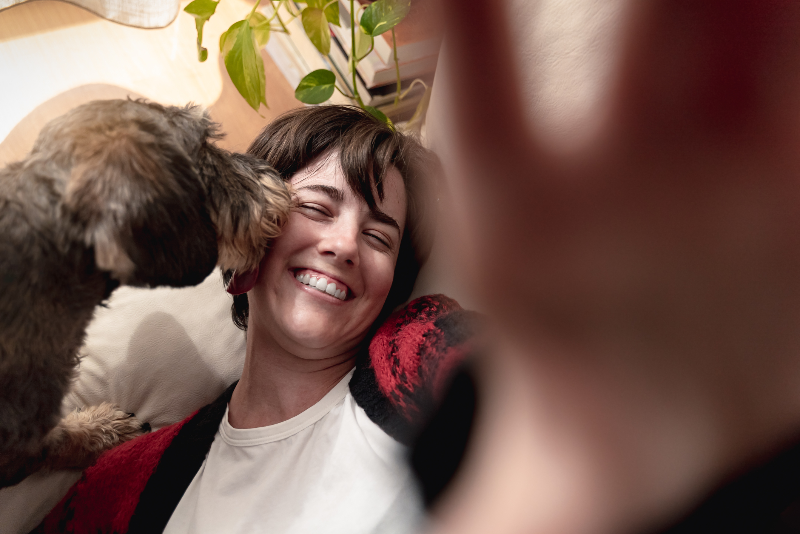
ARTS AND CULTURE
- Catherine Marshall
- 30 September 2021
3 Comments
For almost two years our pets have had us all to themselves. Everywhere I go now, the dogs follow: to the study, to the television, to the bathroom, to bed. I’m the recipient of that same loyal companionship sought out by so many during the pandemic: across the world, demand to adopt or foster animals — and dogs, in particular — has surged.
READ MORE 
-

RELIGION
- Nimmi Candappa
- 30 September 2021
25 Comments
At one level a lot is riding on this Plenary Council. Only the fifth such Council in the Australian church history, there is a great sense of anticipation among a wide variety of groups: those estranged from the church, priests looking for direction, women bereft of opportunities to express their faith and seeking a look-in, parents of uninterested children, those ostracised from the church, as well as those not wanting any changes at all.
READ MORE 
-

AUSTRALIA
- Vincent Long Van Nguyen
- 28 September 2021
12 Comments
The Australian Government’s decision to buy nuclear-powered submarines has brought to the surface once again big questions around how governments should spend money, particularly during a pandemic. The Government has ditched a $90 billion plan for French submarines in favour of even more expensive boats from the United Kingdom or the United States.
READ MORE 
-
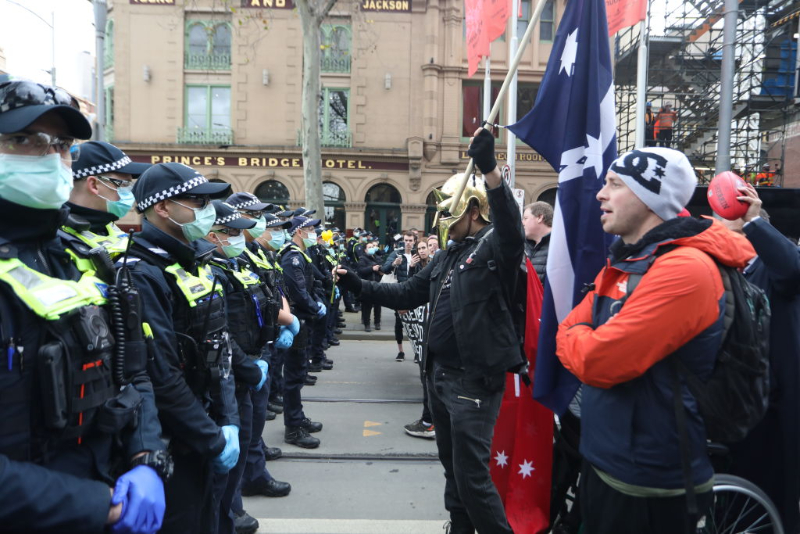
AUSTRALIA
- Julian Butler
- 28 September 2021
9 Comments
Walking down to the local Saturday morning street market, I wasn’t expecting to find myself amidst the beginnings of a violent protest. Seeing some police, I thought they were out and about to ensure the public weren’t taking too many liberties with the slightly eased restrictions that had come into effect for Melbourne the previous night. But half a dozen on each corner of Church St and Bridge Rd in inner-city Richmond suggested something more.
READ MORE 
-

AUSTRALIA
- Andrew Hamilton
- 15 September 2021
7 Comments
A striking feature of the Australia’s path through Coronavirus has been the coming out of epidemiologists and social biologists. From being little known members of small institutes they became rock stars, invited to press conferences, deferred to by politicians, selectively chosen for comment by the media, but also resented by representatives of big business and defenders of individual freedom.
READ MORE 
-
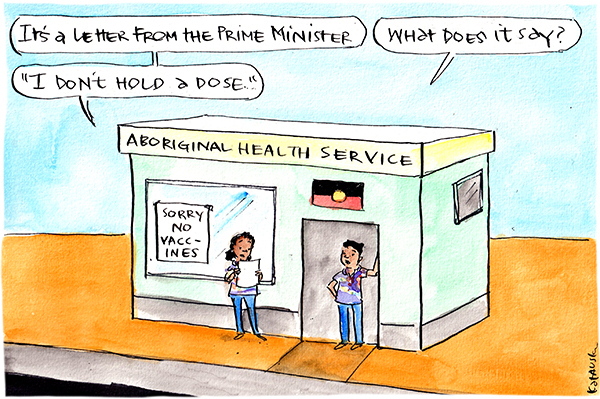
CARTOON
- Fiona Katauskas
- 14 September 2021
READ MORE 